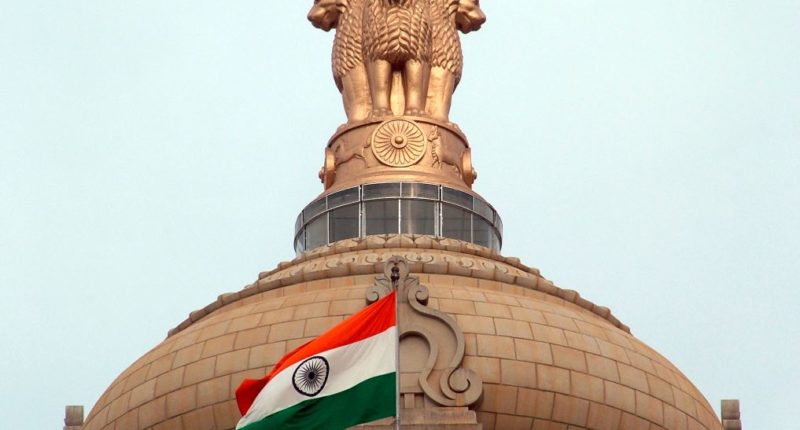Wikimedia, the parent company of the world’s biggest online encyclopedia has shown major concerns about Indian government’s new intermediary liability laws. The company has urged the current regime to rethink the proposed laws as they would totally disrupt the way companies operate in the country and Indians access information online.
India proposed new changes to intermediary laws in December last year, and is expected to pass those changes in early 2020. If implemented, the laws would require intermediary apps which as per its definition, includes any service with more than 5 million users, to set up a local office in country and have a senior executive who can be held responsible for any legal issues.
These changes were announced last year, and all major tech players immediately retaliated. In a joint letter earlier this year, Mozilla, Microsoft’s GitHub and Wikimedia wrote that the new laws would make their functioning harder, as they would place the blame on the company and not a specific person, emphasising more restrictions on free Internet.
However, the government has not spoken about the changes since, and companies are urging for an open dialogue where they can participate in creating laws that work for them and the country alike.
Wikimedia is especially concerned, since they rely on an open editing process to collect data. The company relies on users to to contribute new articles and make changes to existing articles on Wikipedia and thus, they will become more susceptible to being persecuted.
The rules might make it harder for the platform to uphold the right to freedom on Internet, imposing restrictions on how the data is processed on their site. Also, maintaining such high constraints might become non feasible for non profit organisations like Wikimedia.
Also, the law allows the government access to tools “for proactively identifying and removing or disabling public access to unlawful information or content.”
Wikimedia is requesting the government a draft of the changes that will come with the new laws, and also to redefine the way it identifies intermediaries, since the last definition had a ‘far-reaching scope’. The company is also urging the government to rethink ‘traceability’ on the Internet, as it world impede on the consumer right to free internet.





